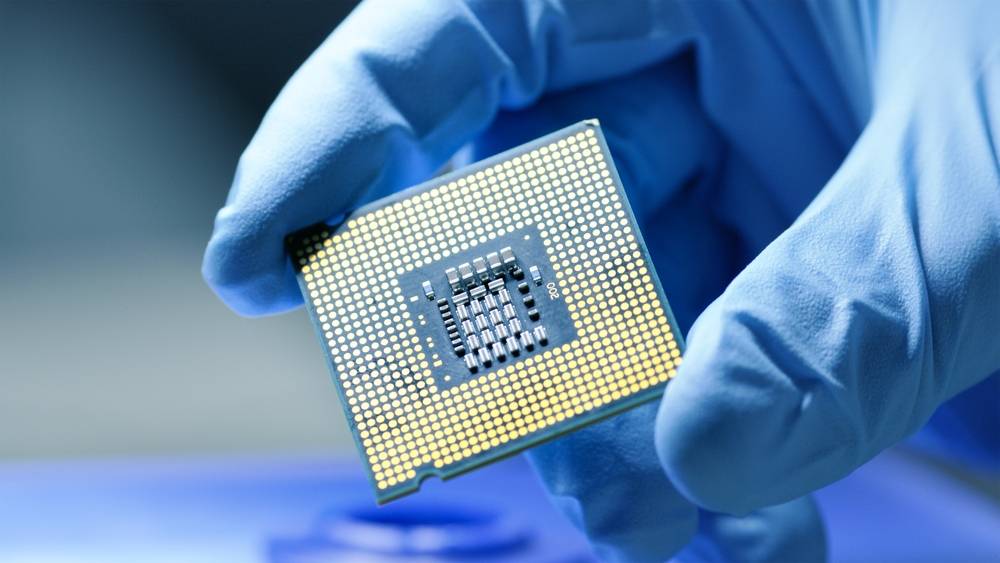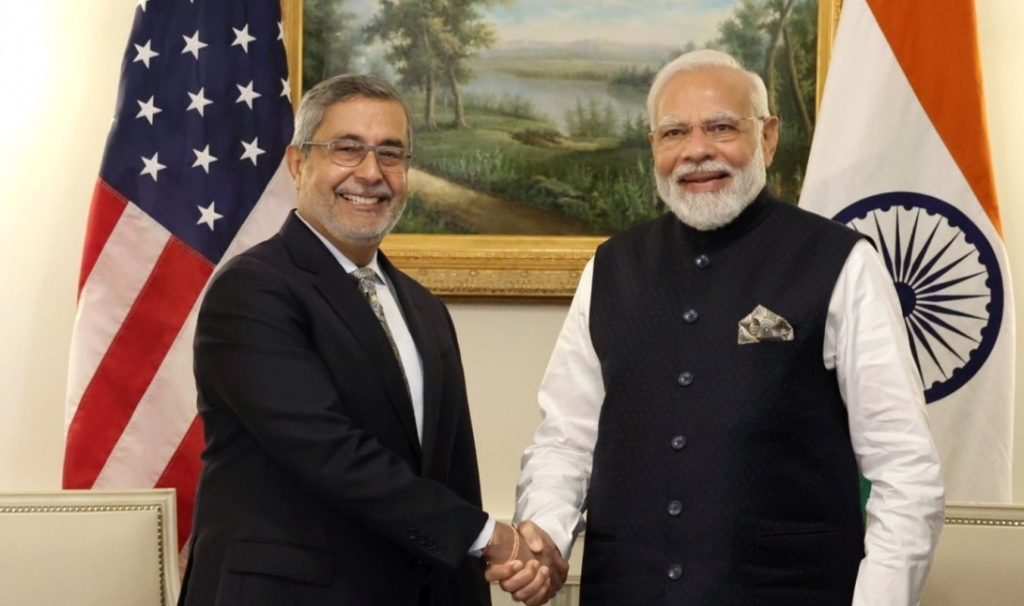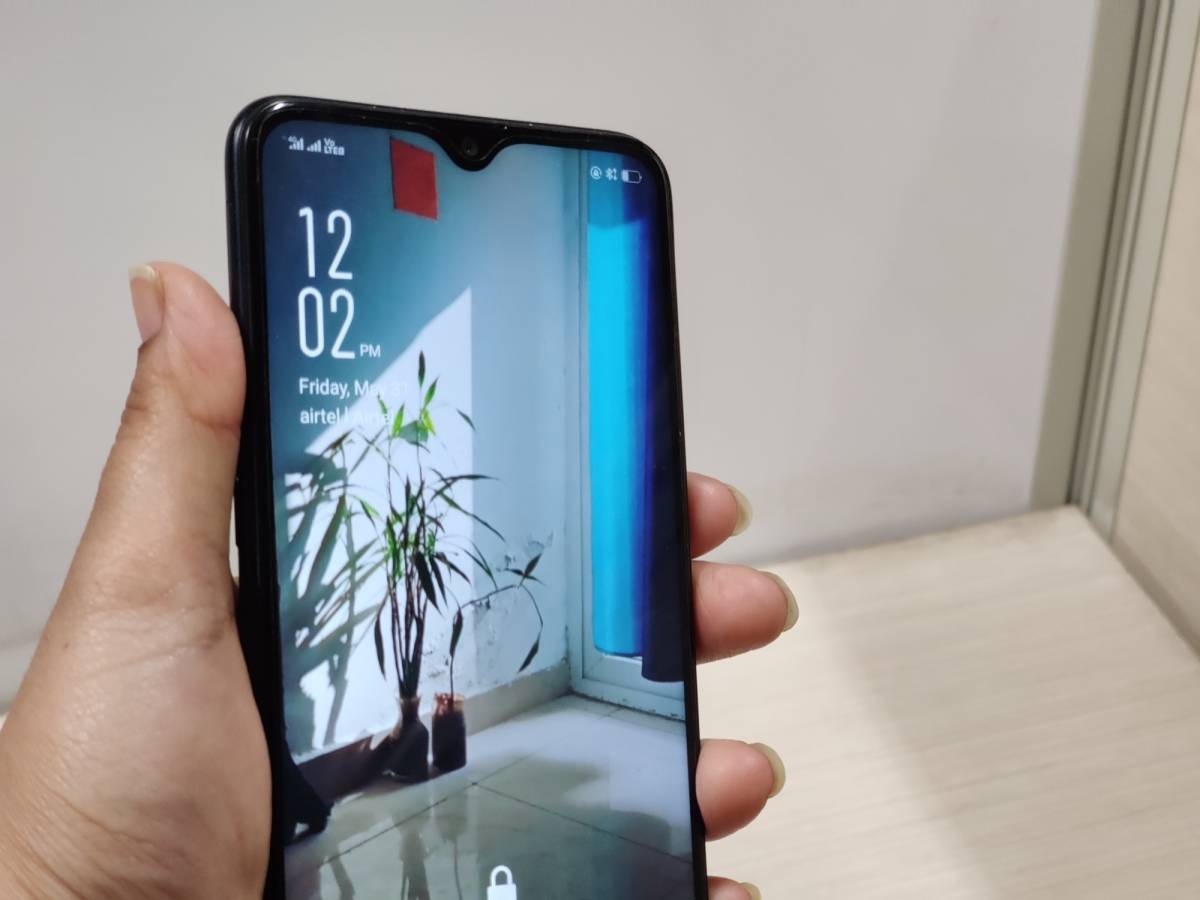Lingering worries about India’s infrastructure, particularly electricity supply, persist. Foxconn’s decision to cancel a separate semiconductor partnership in India highlights the industry’s conflicting sentiments….reports Asian Lite News
India and Thailand have engaged in a full-fledged race for semiconductor–manufacturing investment to win a spot on Asia’s chipmaking map, Nikkei Asia reported.
As China and US are engaged in the chip war, India has come out as an alternative option and is also exploring every opportunity to be recognized as a major player in the supply chain.
Earlier, on July 28, Prime Minister Narendra Modi addressed SemiconIndia 2023 industry event where he showed up the strengths his country has to offer the global chip industry.
“Who can be a more trusted partner than the world’s largest democracy?” he asked in a speech.
“As India moves forward on the path of reform, new opportunities will be created. India is becoming an excellent conductor for semiconductor investments,” PM Modi said addressing the inaugural session of ‘SemiconIndia 2023’ in Gandhinagar, Gujarat.
In 2021, the Indian government approved the Modified Programme for Development of Semiconductors and Display Manufacturing with an outlay of Rs 76,000 crores, as per the statement issued by the It and Electronics Ministry.

The programme aims to provide attractive incentive support to companies that are engaged in silicon semiconductor Fabs, Display Fabs, Compound Semiconductors/silicon photonics/sensors, semiconductor packaging and semiconductor design.
In a bid to make India the next chipmaker industry, the government approved the proposal of Micron Technology Inc. on June 14 for setting up a semiconductor unit with a capital investment of Rs. 22,516 crore (2.75 billion dollars). This manufacturing facility of Micron will manufacture DRAMs, Flash memories and Solid-State Devices, the statement added.
According to Nikkei Asia, Taiwan’s Hon Hai Precision Industry, or Foxconn, is reportedly teaming up with American chipmaking equipment maker Applied Materials to produce such machinery in the state of Karnataka.
Deep-rooted concerns persist about India’s infrastructure, such as electricity. Foxconn has scrapped a separate semiconductor tie-up in India, underscoring the industry’s mixed feelings.
But the fact that American players are setting up shop in India shows that “the tide has changed,” according to Noboru Yoshinaga, executive vice president at Japanese chipmaking equipment maker Disco.
Ashwini Vaishnaw, Unnion minister of electronics and information technology, told Nikkei Asia in July of plans to draw semiconductor capacity into the country and develop the local industry.

“What is important is we must have a few initial successes so that the [lessons] can be used for the subsequent projects,” Vaishnaw said. He cited India’s wealth of semiconductor-designing engineers trained by the country’s institutes of technology.
India is deepening its partnership with Japan, which has companies strong in front-end processes and chipmaking equipment. The two governments signed a memorandum of understanding in July on promoting semiconductor supply chain cooperation, reported Nikkei Asia.
Meanwhile, in Thailand, Narit Therdsteerasukdi, who is in charge of foreign investment policy as secretary-general of the Board of Investment, has called semiconductors one of the most critical goods.
The Thai government has expanded corporate tax breaks that chip companies stand to benefit from. A company upstream in the supply chain that enters Thailand is now exempt from corporate taxes for up to 13 years, for example, where once the break ran for only up to eight years.
Thailand is keenly focused on drawing companies that engage in front-end processes, such as designing semiconductors and etching wafers. These processes are considered more technically advanced than back-end processes, which include dicing and packaging, as per Nikkei Asia.
Thailand is also developing a local industry bringing together electric-vehicle assembly plants and suppliers. EVs are expected to contain more semiconductor devices than gasoline-engine cars, so a local EV sector would give Thailand an advantage in wooing capacity.
India and Thailand are among a collection of governments that have become well attuned to the shifting stances of chip companies. Narit said Thailand is seen as a neutral country to take refuge from the Sino-American tensions, according to Nikkei Asia. (ANI)



